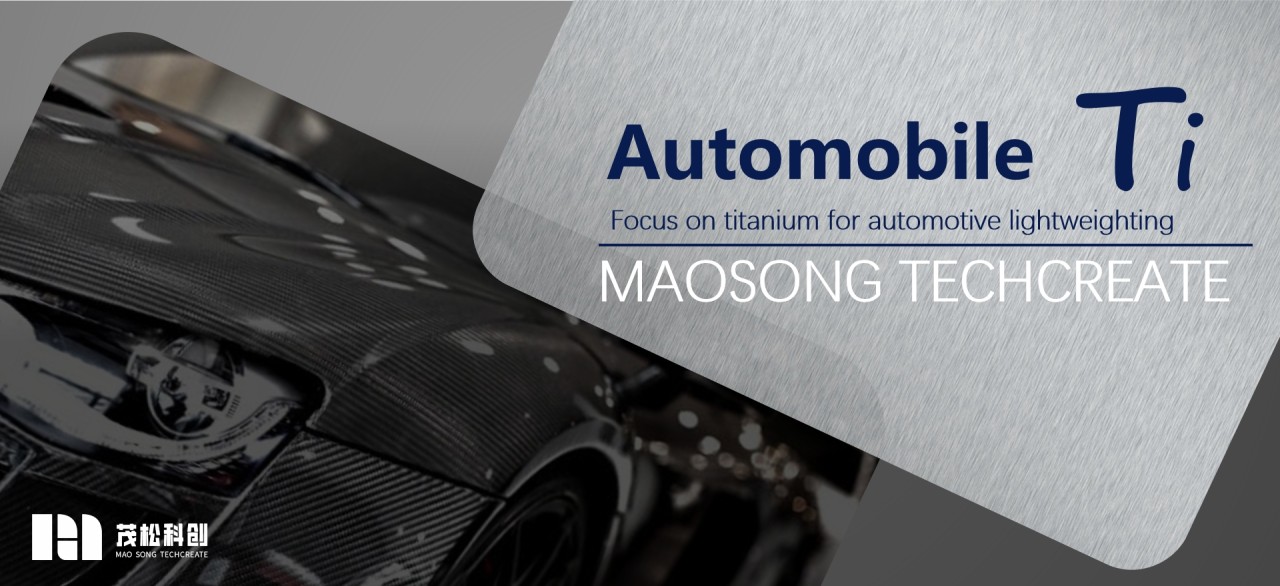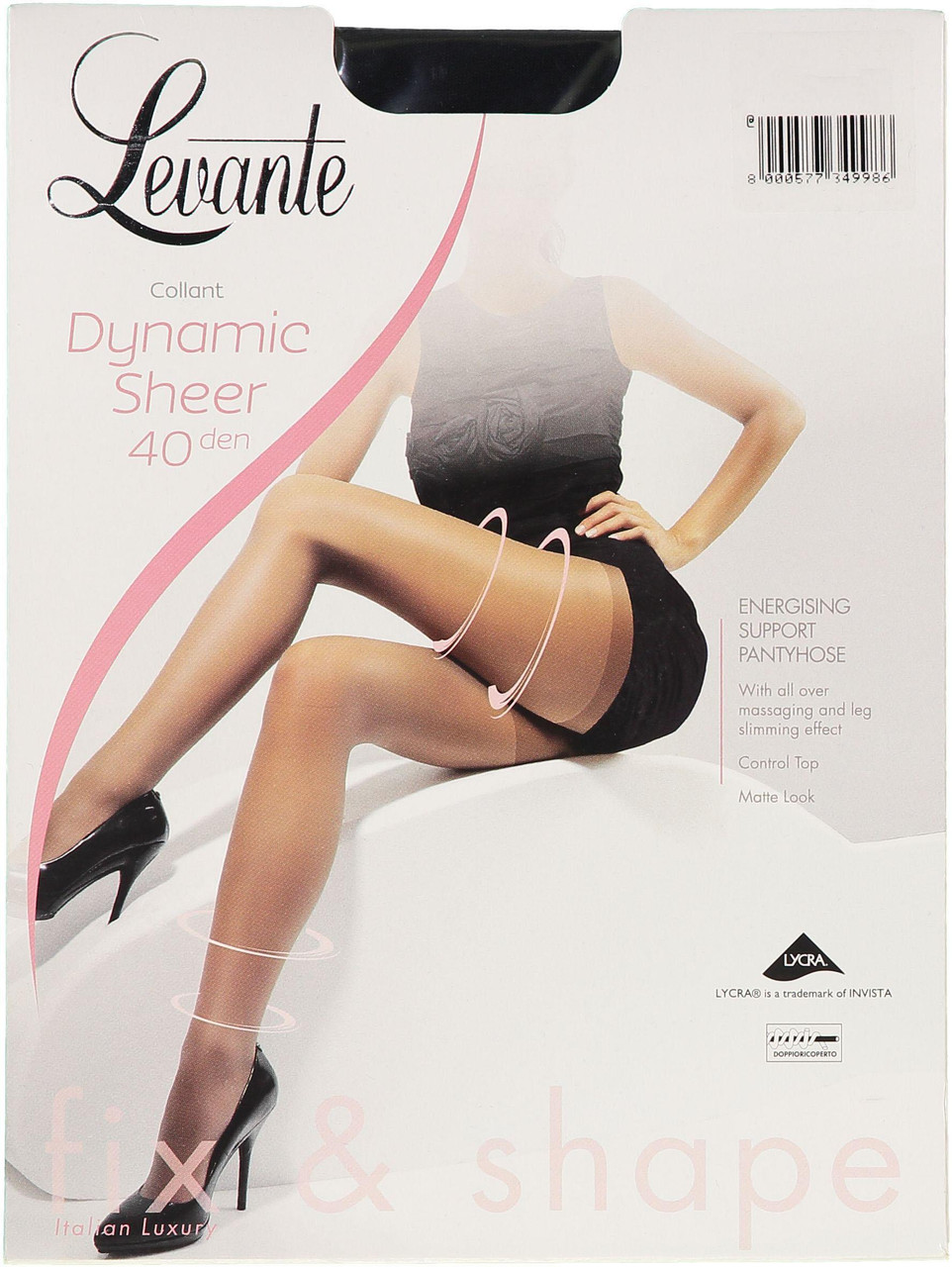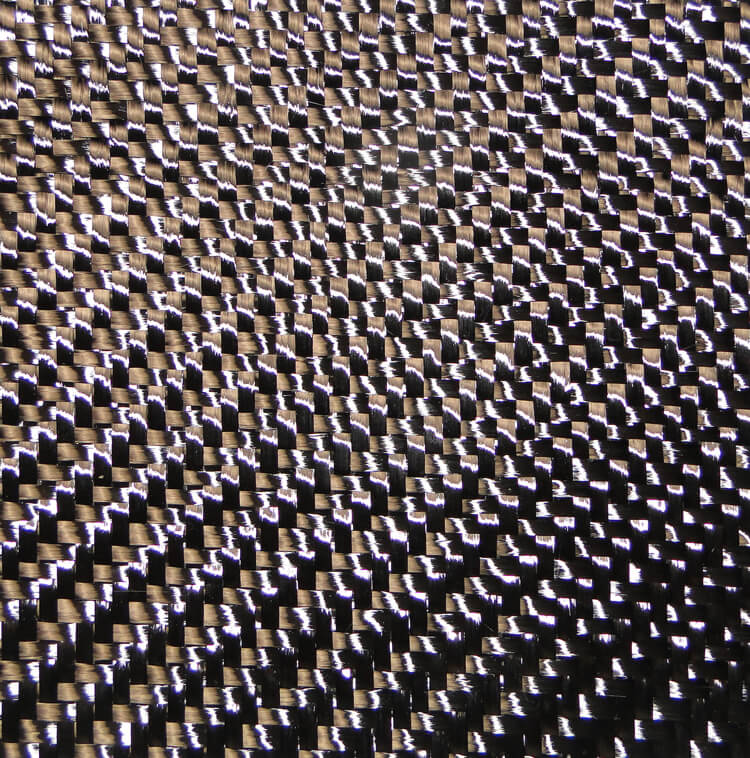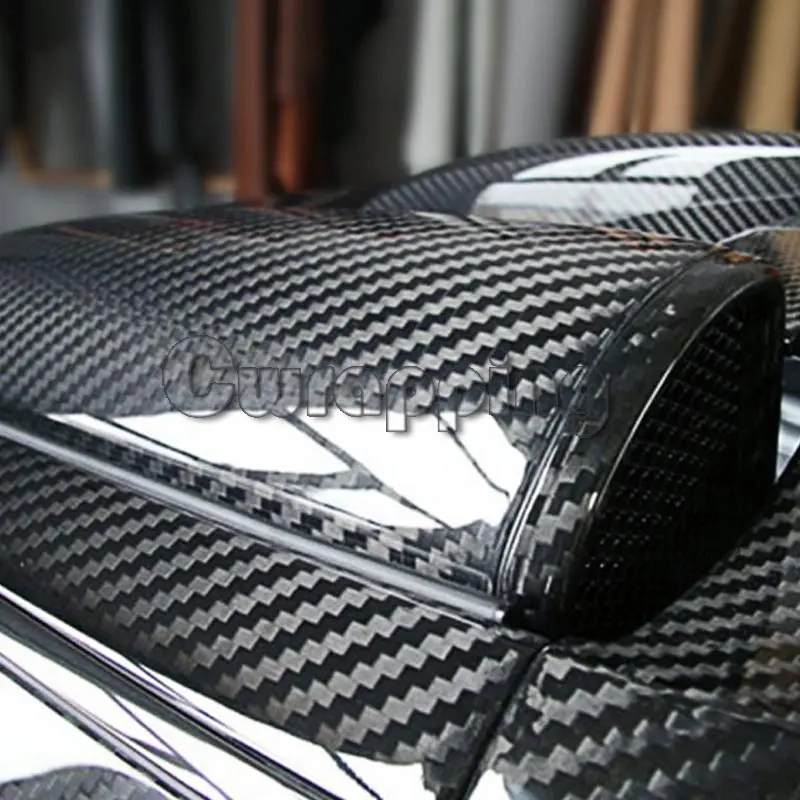Titanium and carbon fiber price comparison in automotive industry

By A Mystery Man Writer
#SeriesTopic14 on Titanium Applications in Automobiles In the automotive industry, titanium and carbon fiber are two high-performance materials that have attracted much attention. They offer significant advantages in the vehicle manufacturing process, but also bring corresponding cost challenges.

Automotive Rubber Oil Seal Market Size, Market Trends, and Growth Outlook forecasted for period from 2024

Why is 3D printing getting more and more popular? The difference from traditional processing wtih 3D printing.

Material Comparison for Enception Cyborg: Aluminum vs Forged Carbon Fiber & Optimized Forged Carbon Fiber

5052 vs 6061 Aluminium: Which is More Expensive?

The Power of Motors and Controllers in Electric Vehicles

How to incorporate titanium into automobiles #SeriesTopic48: What are the key considerations?, Yilia Zhang posted on the topic

Performance analysis and main application fields of titanium alloy castings

Common grades, properties and uses of titanium alloys

PCD (Poly Crystal Diamond) used in Automotive applications for Alumium cutting

5052 vs 6061 Aluminium: Which is More Expensive?

5052 vs 6061 Aluminium: Which is More Expensive?

A Comparison of Magnesium Alloys vs Other Materials

Yilia Zhang on LinkedIn: #titanium #titanium #titanium

Material Comparison for Enception Cyborg: Aluminum vs Forged Carbon Fiber & Optimized Forged Carbon Fiber

Yilia Zhang on LinkedIn: #titanium #titanium #titanium
- UNIQLO presents HOLIDAY ROCK. An intimate music session with
- Macy's, Intimates & Sleepwear, Macys Family Pjs Merry Snowflakes Pajamas Set

- Kim Kardashian on X: JUST DROPPED: NEW @SKIMS COZY! This year's most anticipated loungewear drop is now available with new styles and our first ever sets for kids. Shop now before they're

- Iconic organic-cotton leggings with logo waistband

- Levante Womens Dynamic Sheer Support Control Top 40 Denier






